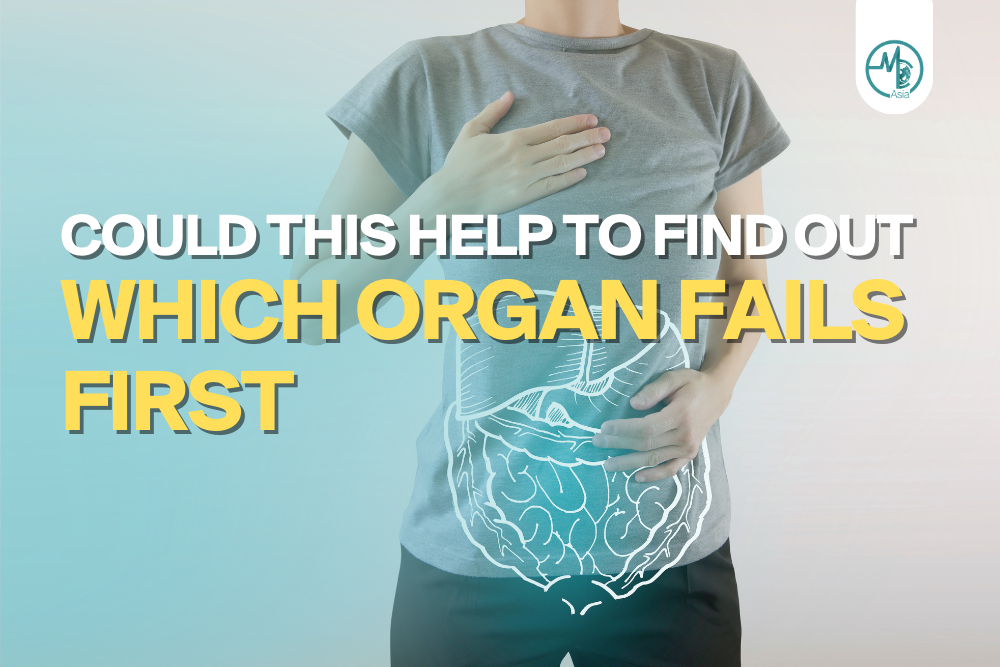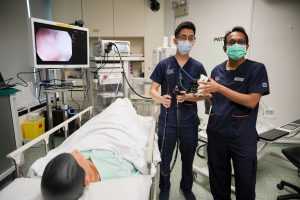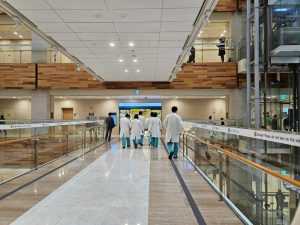Stanford Medicine scientists have developed a groundbreaking way to study organ ageing and predict disease risk by analysing proteins in blood. This Helps Predict Which of Your Organs Will Fail First.
This simple method could revolutionise how we understand and treat age-related diseases.
Different Paces of Organ Aging
Led by Stanford Medicine researchers, a study involving 5,678 people revealed that organs age at varying rates. When an organ ages faster than its counterparts in others of the same age, the individual faces increased risk for diseases associated with that organ and higher mortality rates.
Accelerated Organ Aging: A Health Risk Indicator
About one in five adults over 50 has at least one organ ageing at an accelerated rate. This discovery opens the possibility of using simple blood tests to identify which organs are ageing rapidly, potentially guiding early interventions before symptoms appear.
Tony Wyss-Coray: Spearheading the Research
Tony Wyss-Coray, PhD, a professor of neurology at Stanford, and his team, including lead authors Hamilton Oh and Jarod Rutledge, conducted this landmark study. Their work suggests that biological organ age can be estimated in healthy individuals, predicting disease risk related to that organ.
The Study’s Approach: Biological vs. Chronological Age
Wyss-Coray’s study goes beyond the conventional single-number representation of biological age. It assigns distinct numbers for 11 key organs and tissues, comparing these biological ages with a large group of healthy individuals to assess disease risk and mortality.
Innovative Protein Analysis and Algorithm Use
The research team used advanced technologies and a custom algorithm to assess thousands of proteins in blood samples. They identified about 1,000 proteins specific to individual organs, linking abnormal protein levels to accelerated ageing, disease susceptibility, and mortality risk.
Organ Age Gap and Mortality Risk
The study identified an “age gap” for each organ, signifying the difference between its actual and estimated ages based on protein-driven calculations. This age gap was significantly associated with future risk of death from all causes over a 15-year period.
Predicting Disease Risk
People with accelerated heart ageing, for example, showed a 2.5 times higher risk of heart failure. Similarly, accelerated ageing in the brain or vasculature correlated with higher risks for Alzheimer’s disease, akin to the best clinical biomarkers currently used.
Future Implications: Monitoring Health and New Drug Targets
Wyss-Coray believes that if these findings are replicated in larger studies, monitoring individual organ health could enable early treatment before illness onset. Identifying key organ-specific proteins could also pave the way for new drug development.
Conclusion
This Stanford Medicine study marks a significant step in understanding and managing ageing and related diseases. Therefore, analysing proteins in the blood offers a novel approach to predicting individual organ ageing and disease risk. This could potentially transform future medical interventions and therapies.













